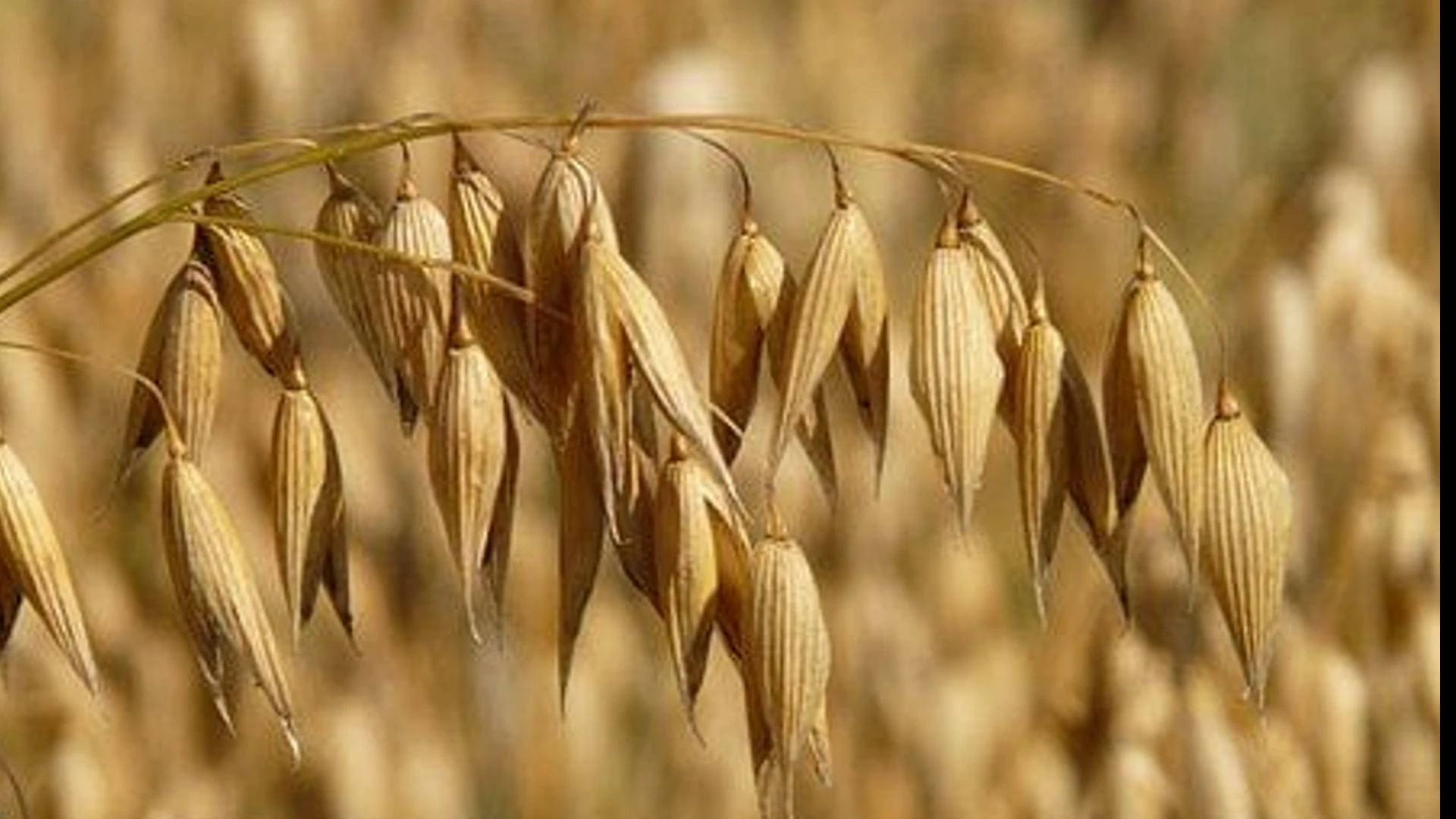According to researchers from Columbia University, New York City, and the Potsdam Institute for Climate Impact Research (PIK), global climate change could potentially have a devastating impact on agriculture.
In a paper published in the journal Nature Food, the researchers have revealed that changing climate conditions could lead to lesser crop yields and frequent crop failures within the next decade.
“Man-made greenhouse gas emissions cause higher temperatures, shifts in rainfall patterns, and more carbon dioxide in the air,” Jonas Jägermeyr, lead author of the paper, said in a press release. The emergence of the climate change signal, when exceptional years become the norm, will occur within the next decade or shortly afterward in many key breadbasket regions worldwide.”
Farmers around the world should adjust to the changes as soon as possible, according to researchers. To avoid severe losses and maximize gains, they recommend changing sowing dates and using different crop varieties.
With a combination of crop models and climate projection models, the researchers have developed a large crop yield projection spanning dozens of years. Maize – grown across a wide region across the world – will be the most affected by climate changes within a few years.
Maize harvests in Central and East Asia, West Africa, North and Central America will witness a decrease of at least 20 percent within the next decade. However, the Wheat crop yield will increase in the coming years due to rising temperatures that suit the crop.
Models show a striking contrast in the impact of climate change on poorer and richer countries. It is more likely for poorer countries to experience a sharp decline in yields compared to richer countries, exacerbating existing gaps in wealth and food security.
